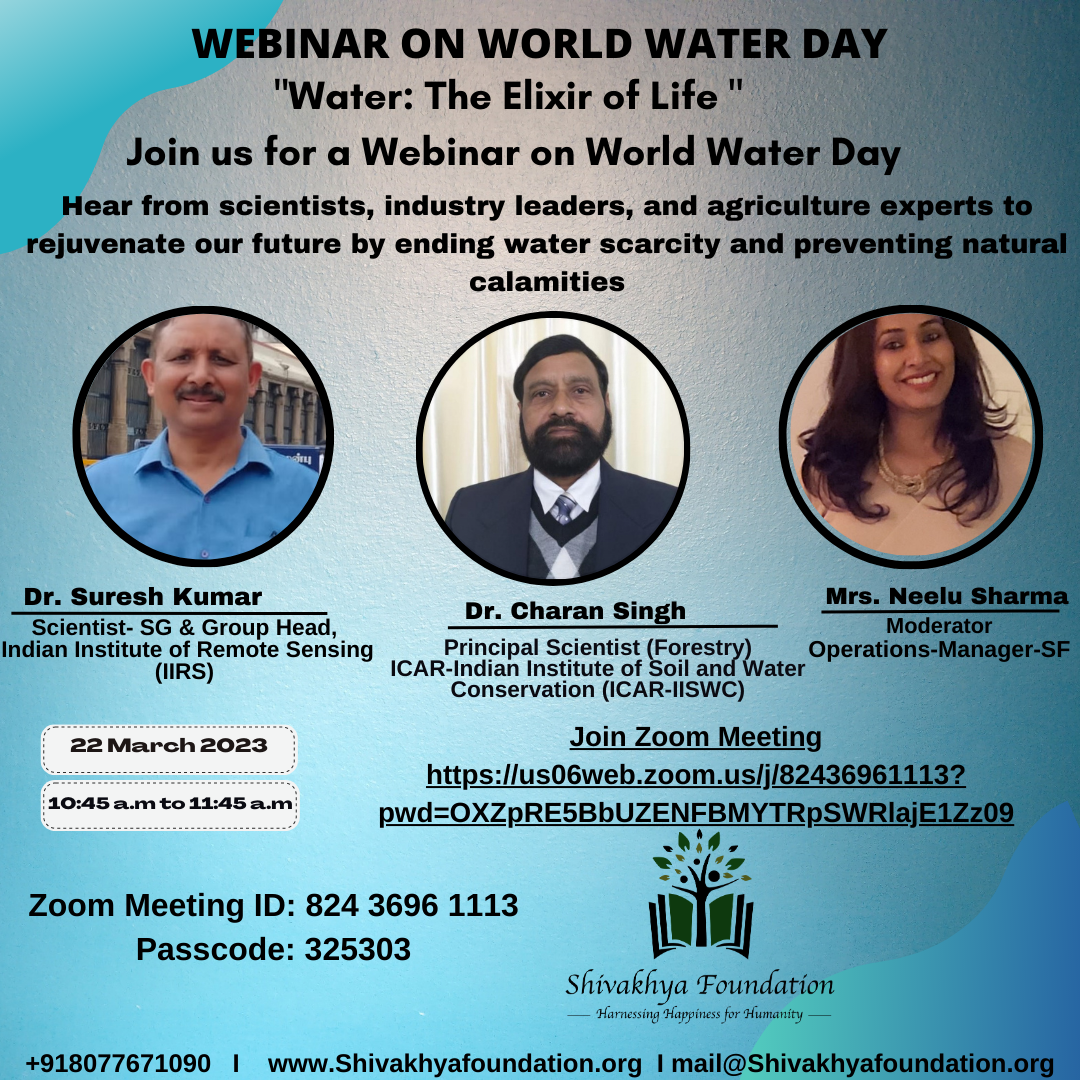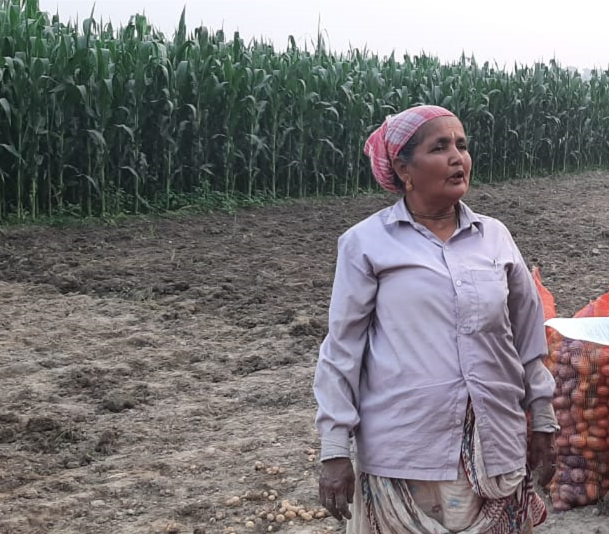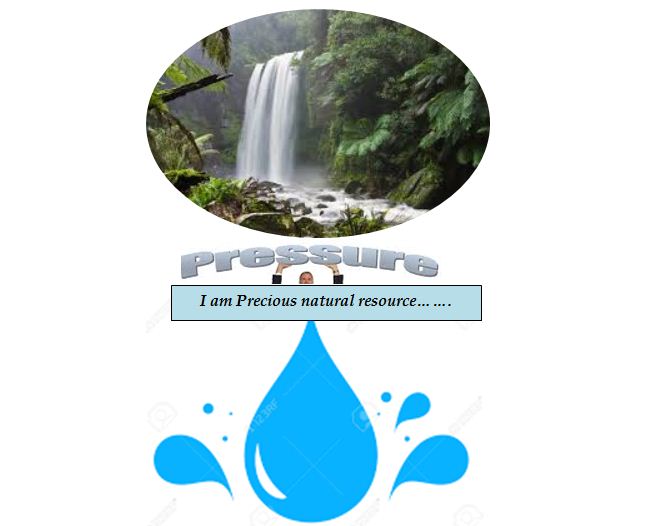Conserve Water and Cut Carbon Emissions for a Sustainable Planet
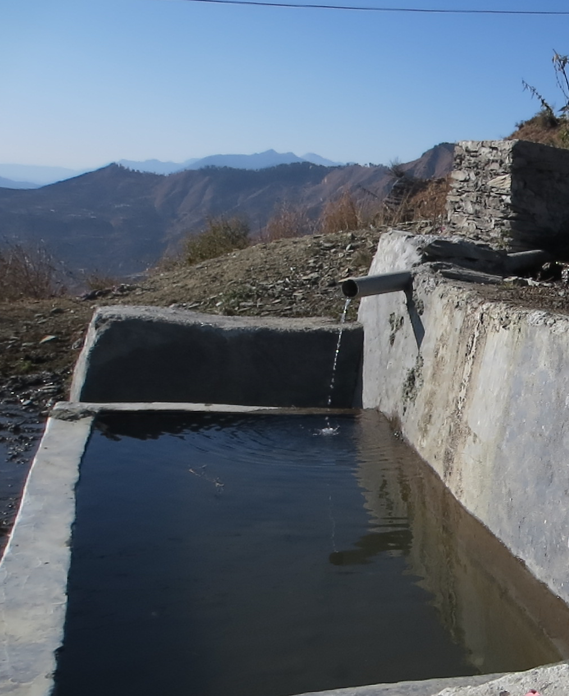
We know our everyday decisions affect the environment. Our food and goods may deplete resources and release greenhouse gases.
“Create a sustainable future with every step: reduce your carbon and water footprint today.”
Several internet services may help you lower your carbon and water impact. The Global Footprint Network’s carbon footprint calculator estimates your impact and offers ways to lessen it. The Water Footprint Network provides a comparable calculator.
In conclusion, decreasing your carbon and water footprint is crucial for sustainability. We can improve the environment by adopting simple lifestyle adjustments. Every step matters, and we’re all responsible for our environmental effect.
Producing and consuming goods and services uses water. This covers agricultural, industrial, and domestic water. We can cut water use and be more sustainable by monitoring our water footprint. As animal husbandry is water-intensive, eating less meat reduces our water impact.
Our carbon footprint is our greenhouse gas emissions, mainly carbon dioxide. This includes driving and using power at home. Measuring our carbon footprint helps us cut emissions and make greener decisions. Public transit, walking, or bicycling instead of driving reduces our carbon footprint.
Reduce our water and carbon footprints to help the environment. Both are crucial, and we can all assist the world by making modest adjustments.
Let’s start by conserving water. Reduce water consumption wherever possible. Fixing leaky pipes, shutting off the water when brushing, and taking shorter showers are examples. It may also involve modifying our daily habits, like growing drought-resistant plants or sweeping our roads instead of using a hose.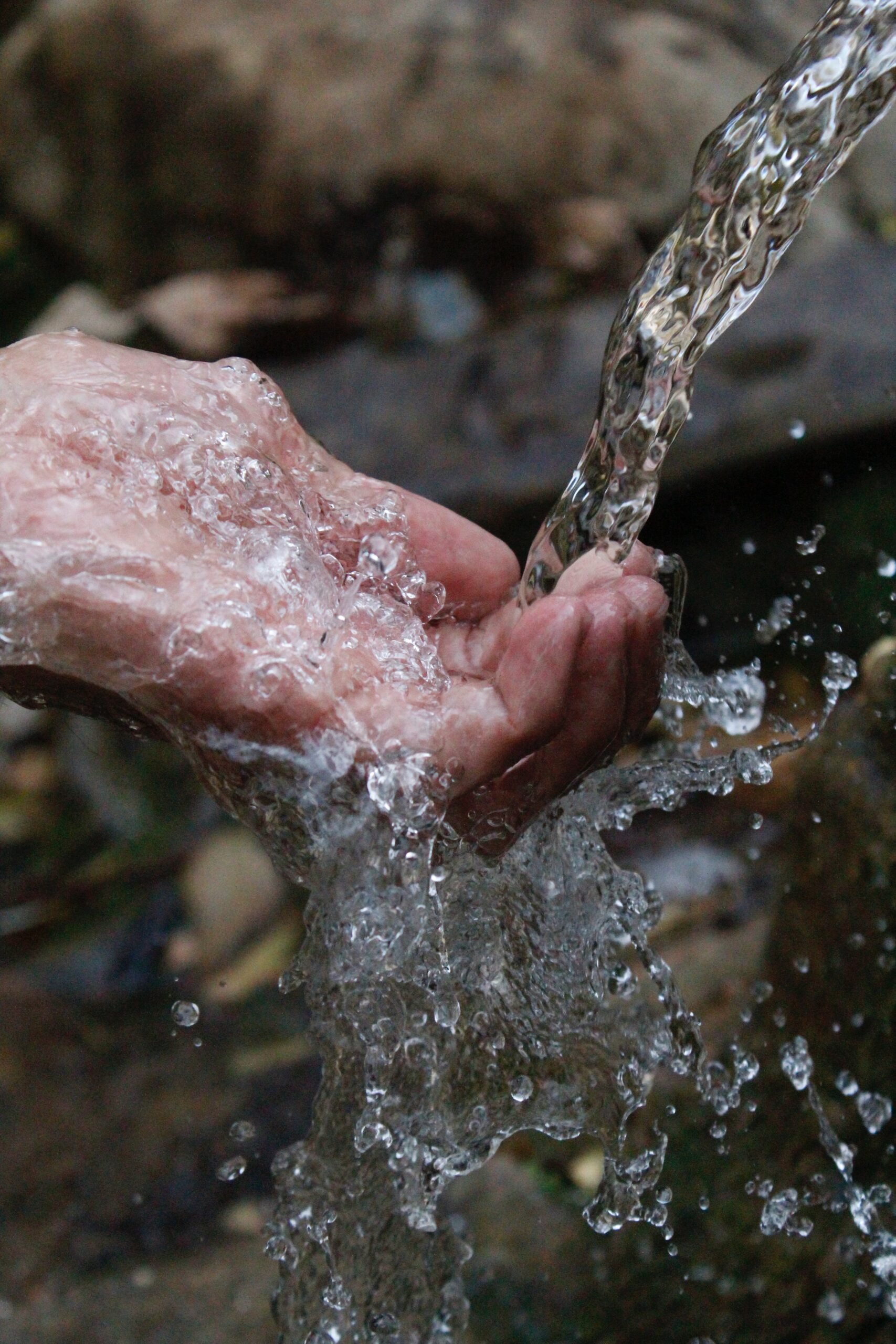
Plant-based diets lower our water impact. Beef and dairy demand a lot of water. Eating more plant-based meals reduces the water needed to create food.
Let’s discuss carbon footprint reduction. Reducing fossil fuel use is one of the best strategies. This entails utilizing sustainable energy like solar or wind power, driving less, and using public transit wherever feasible. It may also include house improvements like insulation or energy-efficient appliances.
Plant-based diets lower our carbon footprints. Beef and dairy are major greenhouse gas emitters. We can cut greenhouse gas emissions by eating more plant based meals.
Lowering our water and carbon footprints is essential for future generations. We must save environment by saving water and using less fossil fuels. Plant-based diets minimize water and carbon footprints and improve health and well-being. Let’s collaborate to build a sustainable future.
Reducing single-use product usage reduces our carbon footprint. Plastic bags, water bottles, and straws waste energy and resources and wind up in landfills or the ocean. We can limit our carbon footprint and waste by using cloth bags, refillable water bottles, and metal straws.
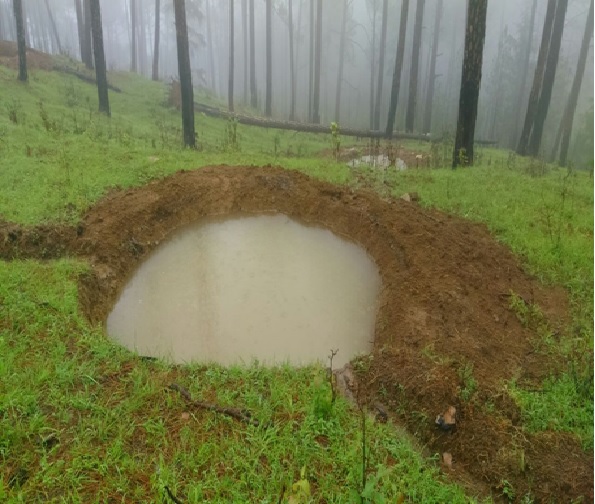
We can influence others by buying from firms that utilize renewable energy, recycle water, and reduce trash.
Finally, lowering our water and carbon footprints is essential for future generations. We can all contribute to a more sustainable and fair society by making small lifestyle adjustments, supporting sustainable companies, and pushing for change. Every action matters, whether it’s preserving water, cutting fossil fuels, or eating plants. Let’s work together to improve ourselves and the earth.
How to improve your environmental impact:
Water Footprint:
- Repair apartment faucets and pipes.
- Low-flow showerheads save water.
- Run the dishwasher or washer only when full.
- Replace bottled water with a reusable bottle.
- To save water, turn off the tap while shaving or brushing.
Carbon Footprint:
- Instead than driving alone to college, use public transit or carpool.
- To save gasoline, drive steadily.
- Employ energy-saving lamps and unplug gadgets.
- Rent or buy secondhand textbooks.
- Bring a vegan lunch or eat at the campus dining hall. These easy methods will lower your water and carbon footprints. As a college student, you may inspire others to help the environment and community. Every tiny effort matters, and collectively we can build a sustainable future.



